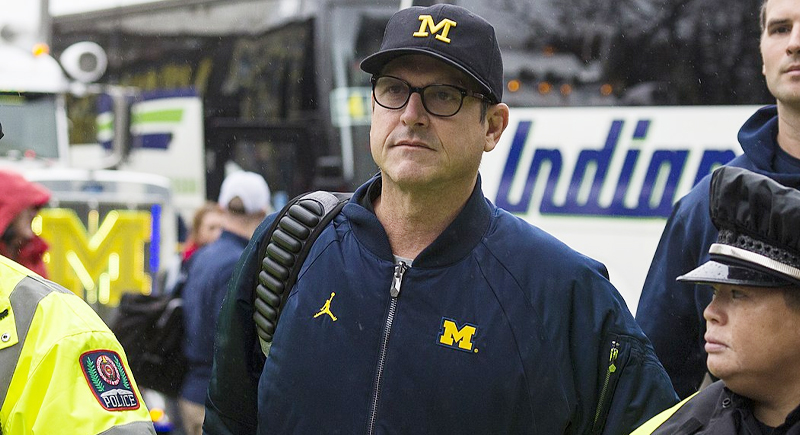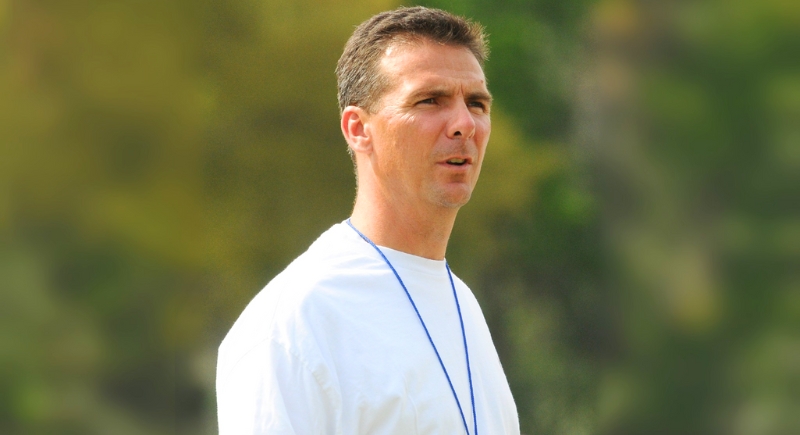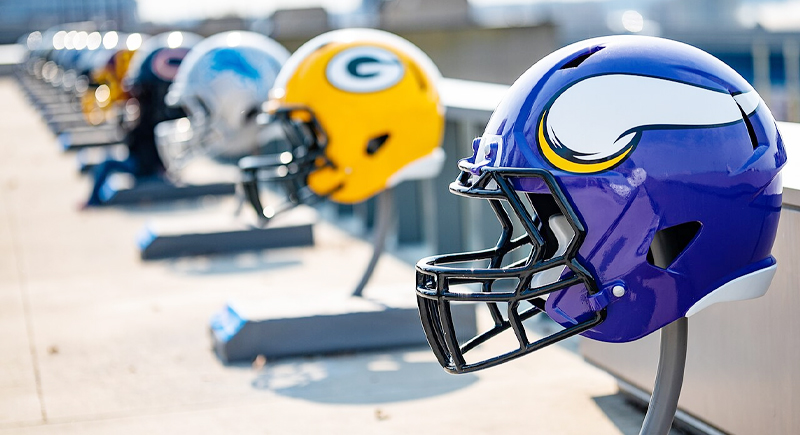The Real Reason the NFL Is Refusing to Suspend Jim Harbaugh
Jim Harbaugh is one of football’s most polarizing figures. His national championship at Michigan, an NFL comeback with the Los Angeles Chargers, and a career built on winning have kept him in headlines for years. But lately, he’s been making noise for other reasons. The NCAA has hit him with some of the harshest penalties a coach has ever seen.
If Harbaugh’s actions were serious enough to warrant massive punishment in college, why isn’t the NFL stepping in with its own suspension? It wouldn’t be the first time the league honored NCAA discipline, and critics have been quick to point out the inconsistency. So what makes Harbaugh’s case different, and why is the NFL choosing to let him keep coaching without interruption? What did he even do?
The Scandal That Started It All

Image via Wikimedia Commons/Maize & Blue Nation
Back in 2023, a sign-stealing scheme run by staffer Connor Stalions rocked Michigan football. The NCAA determined that the operation gave the Wolverines an unfair advantage and faulted Harbaugh for failing to promote compliance.
The punishment was a brutal year-long suspension, followed by a four-year show-cause order in 2024, and another 10-year show-cause order added in 2025. In effect, Harbaugh is shut out of college football until 2038.
Michigan itself avoided a postseason ban, but the penalties were not light, especially on Harbaugh. Despite that, he made the jump to the NFL just weeks after Michigan’s 2024 title by taking over the Chargers. While his former program continues to deal with fallout, he has been free to coach in the NFL without a single restriction.
The Jim Tressel Precedent
This isn’t the first time a coach carried NCAA baggage into the pros. In 2011, Jim Tressel resigned from Ohio State after the TattooGate scandal and joined the Indianapolis Colts. While the NFL did not formally suspend him, Commissioner Roger Goodell supported the NCAA’s ruling, and the Colts themselves agreed to have Tressel sit out the first six games of the season.
Around the same time, Terrelle Pryor entered the NFL with his own NCAA suspension and was forced to sit out five games before ever taking the field. That’s why Harbaugh’s situation is raising eyebrows. His infractions were far more serious than improper benefits or autographs for tattoos.
Critics argue that if Tressel and Pryor faced NFL discipline for lighter issues, it makes little sense that Harbaugh is untouched despite the NCAA essentially banning him from college football.
Urban Meyer Adds Fuel

Image via Wikimedia Commons/Harrison Diamond Nikonmadness
One of the voices questioning the NFL’s stance is Urban Meyer. On his podcast, he called out the “elephant in the room,” asking why Goodell and the league aren’t following their own precedent. Meyer pointed to Tressel’s suspension as proof that the NFL once respected NCAA rulings.
He also hinted that Harbaugh’s infractions had a direct impact on competition, unlike Tressel’s case, which mostly involved off-field benefits. Of course, Meyer is a former Ohio State coach and spent years in direct rivalry with Harbaugh, so plenty of fans see bias in his critique. Still, his point stands. Why did the NFL enforce college discipline before but refuse to do so now?
The NFL’s Business-First Approach

Image via Wikimedia Commons/Erik Drost
The answer lies in how the league views itself today. Back when Tressel and Pryor were disciplined, the NFL was trying to act as judge and jury on everything, including college violations. This was the same era that saw harsh suspensions for off-field scandals involving players and coaches, with the league eager to flex its authority.
But in 2025, the NFL’s priorities have shifted. Goodell has avoided comment on Harbaugh, and league officials have shown little appetite for rehashing NCAA drama. The new approach for the NFL is to enforce its own rules, not someone else’s. If a violation doesn’t happen under the league’s watch, it isn’t their business.
So, Why Is Harbaugh Still Coaching?
Harbaugh left college just before the NCAA’s hammer dropped, secured an NFL job, and delivered an 11-6 season with a playoff berth in year one. The NFL gains nothing by sidelining one of its most marketable coaches over a college scandal, no matter how ugly.
For fans of rival programs like Ohio State, it feels like a double standard compared to the past. For the NFL, it’s a clean break. What happens in college stays in college. Harbaugh might be banned from Michigan until 2038, but in Los Angeles, he’s the face of a top franchise.